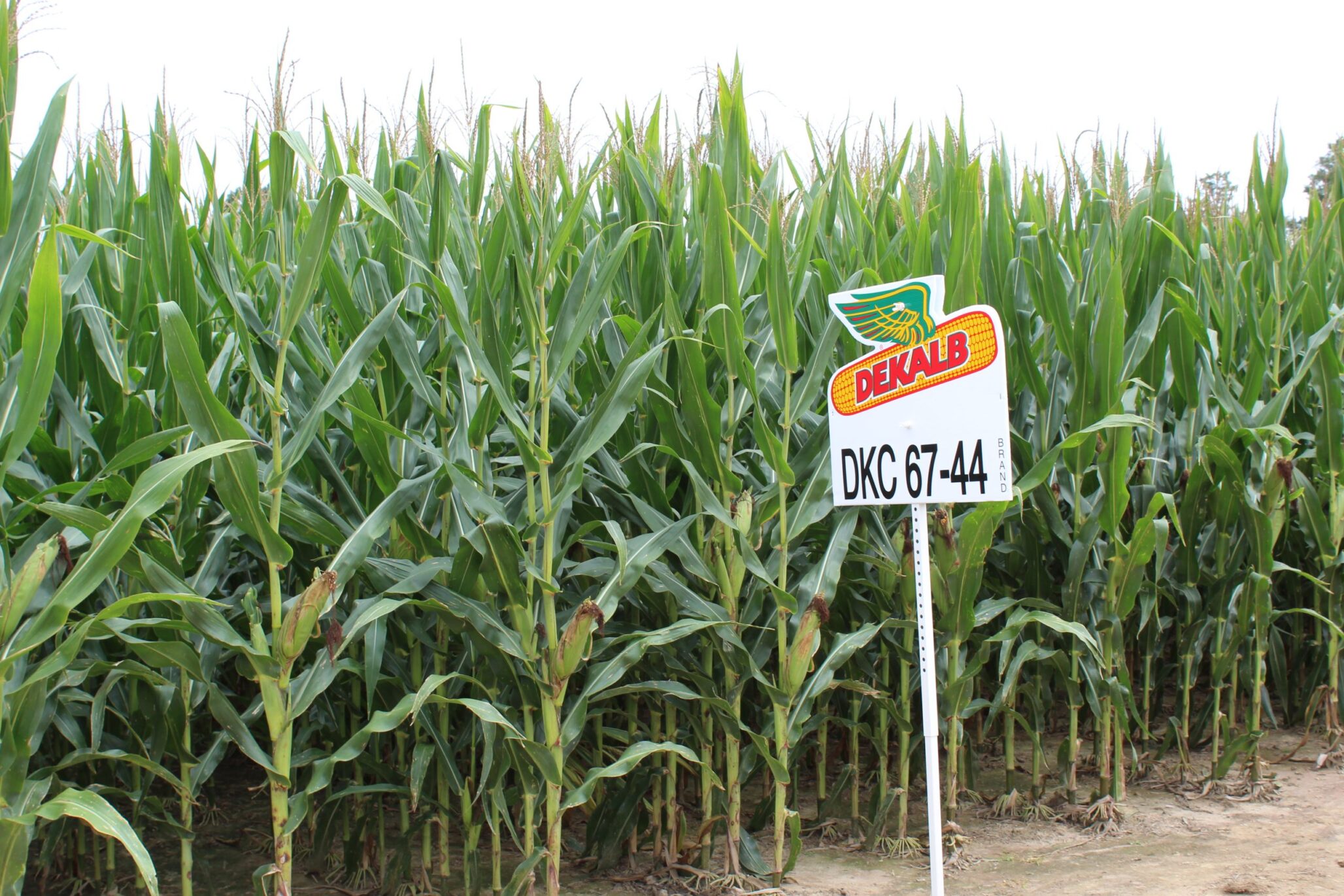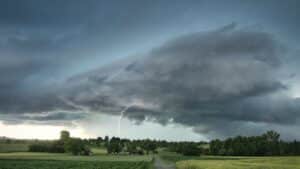Driving decisions through data and analytics is the current buzz in the agricultural industry, and that buzz has companies racing to develop digital platforms that will enable farmers to make decisions based on multiple layers of farm data.
When Bayer acquired Monsanto Company, it inherited a seed breeding program that had already embraced data science as a way to accelerate germplasm evaluation and testing.
Plant breeding is a nuanced and complex process that becomes increasingly complex as more and more variables and data are used to more closely target seed breeding to customers’ needs, said Anthony Kovacs, data science lead.
“At Bayer, we have been able to mathematically and computationally model the processes that drive genetic inheritance and the dynamics of our breeding pipelines,” Kovacs said. “This, in turn, has allowed us to harness the incredible progress that has been made in the fields of data analytics and artificial intelligence to profoundly impact our seed breeding operations.”
Becoming an industry-leading seed provider of high-performing genetics, has, historically, required significant investments of time, manpower, land and resources. Specifically, breeders had to establish large-scale growing experiments to observe and evaluate how new breeding crosses perform. Prior to the incorporation of data science, this work resulted in volumes of data that had to be collected, stored and sorted through manually.
Today, cloud computing and modern field technology have allowed Bayer’s breeders to collect a staggering amount of data from hundreds of thousands of individual genetic combinations across hundreds of environments and growing scenarios to enhance and speed up the selection of high-performing seeds for commercialization in its three brands, DEKALB, Deltapine and Asgrow. While in the past breeders may have been limited to setting up, monitoring and collecting data from experiments that targeted just a portion of a large maturity zone, today they are able to tap into machine learning and artificial intelligence to set up, monitor and collect data points from experiments spanning entire maturity zones and regions.
“While talented breeders, researchers and technical staff continue to be essential parts of our breeding pipeline, the collection and screening of those thousands of data points is much more efficient today,” said Kovacs. “Data science is helping drive the accelerating pace of new, better-performing varieties and hybrids being introduced into the market.”
Because more data is being efficiently collected and screened on every product, it has become possible to make recommendations that are more closely tailored to specific farm conditions based on in-depth analyses of product performance in a diverse range of scenarios. The Climate FieldView™ platform is a key part in taking insights from data collected during breeding and field testing and turning those insights into value for farmers.
“At Bayer, we are using analytics to understand the genetics in our pipelines and how they react to various environments at a level of detail and scale that has never been seen before,” said Slobodan Trifunovic, head of fechnology deployment. “We already collect, analyze and store billions of data points needed for our breeders to understand the products we are bringing to market. Today, with the Climate FieldView platform, we can take that data and create value for farmers by delivering better recommendations and management advice for the products they are planting in their own fields.”
Data science has already enhanced seed breeding, and it will continue to do so. It has helped create a future in which acre-by-acre tailored solutions are a reality. This is the future in which farmers make decisions that are augmented by analytics, relating data from thousands of testing fields to their own fields and crops. This future is closer than you think, and Bayer Crop Science is leading the way.












